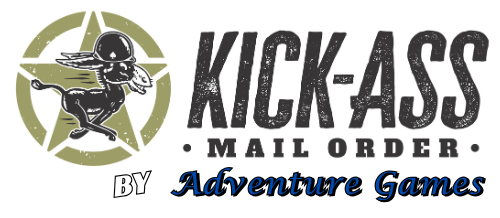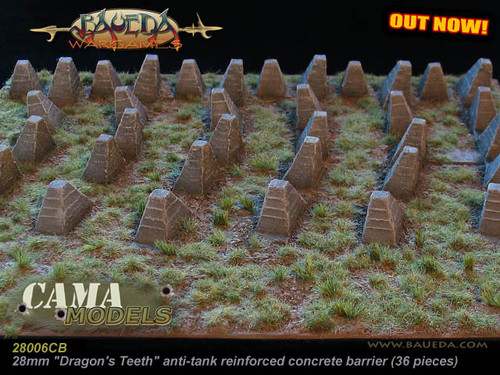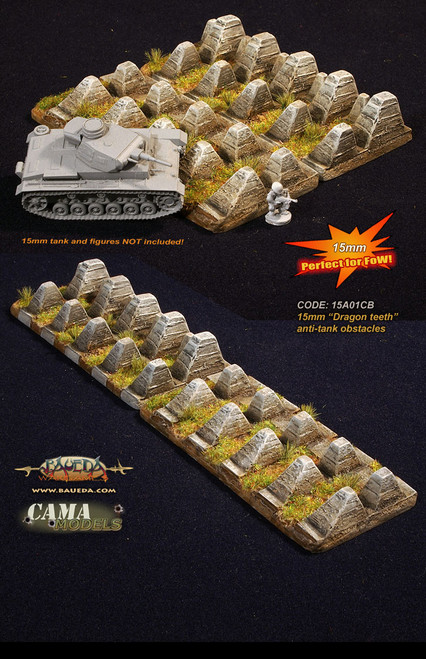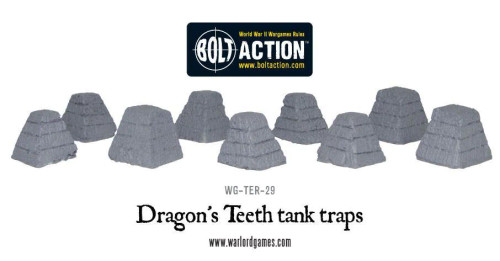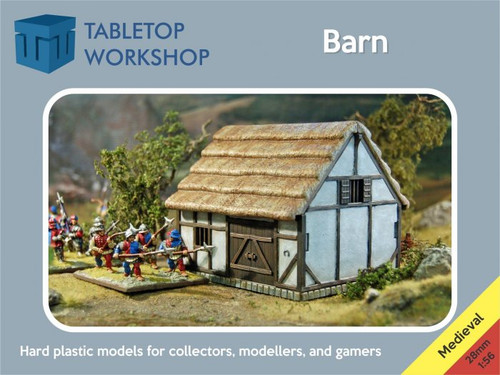Product Description
Code: 28006CB
28mm "Dragon's Teeth" - 36 pieces anti-tank reinforced concrete barrier (German)
Tank traps like these were built for miles along the Atlantik Wall and Siegfried Line and were known as "dragon's teeth" or "pimples" (in German Höcker, "humps") because of their shape. These blocks of reinforced concrete stand in several rows on a single foundation. There are two typical sorts of barrier: Type 1938 with four teeth getting higher toward the back, and Type 1939 with five such teeth. This pack contains 36 individual pieces and actual scale layout diagrams to help you set them correctly if you want to incorporate them into a diorama or scenic table. Many other irregular lines of teeth were also built however, so feel free to lay down your defences as you prefer for your games! The pack contains enough teeths for a foot of terrain using the full five teeth configuration, but you can cover twice as much space using a less deep formation (3 teeth), and up to four feet using a double line as shown to the right! The figures are shown as a size reference only and are from our own 1-48COMBAT range, they are not included.
Typically a complete defensive line had minefields in front and behind them were the dragon's teeth. They rested on a concrete mat between ten and thirty meters wide, sunk for a meter or two into the ground (to prevent any attempt to tunnel underneath them and place explosive charges). On top of the mat were the teeth themselves, truncated pyramids of reinforced concrete about a meter in height in the front row, to two meters high in the back. They were staggered and spaced in such a manner that a tank could not drive through. Interspersed among the teeth were minefields, barbed wire, and pillboxes that were virtually impregnable to artillery and set in such a way as to give the Germans crossing fire across the entire front. The only way to take those pillboxes was for infantry to get behind them and attack the rear entry. But behind the first row of pillboxes and dragon’s teeth, there was a second, and often a third, and sometimes even a fourth! The French also employed them in the Maginot Line, while many were laid in the United Kingdom in 1940-1941 as part of the effort to strengthen the country's defences against a possible German invasion.
Like all our models this is a historically accurate reproduction with plenty of beautifully sculpted surface detail to help you in painting and it's made of tough POLYURETHANE.
Supplied unpainted.
